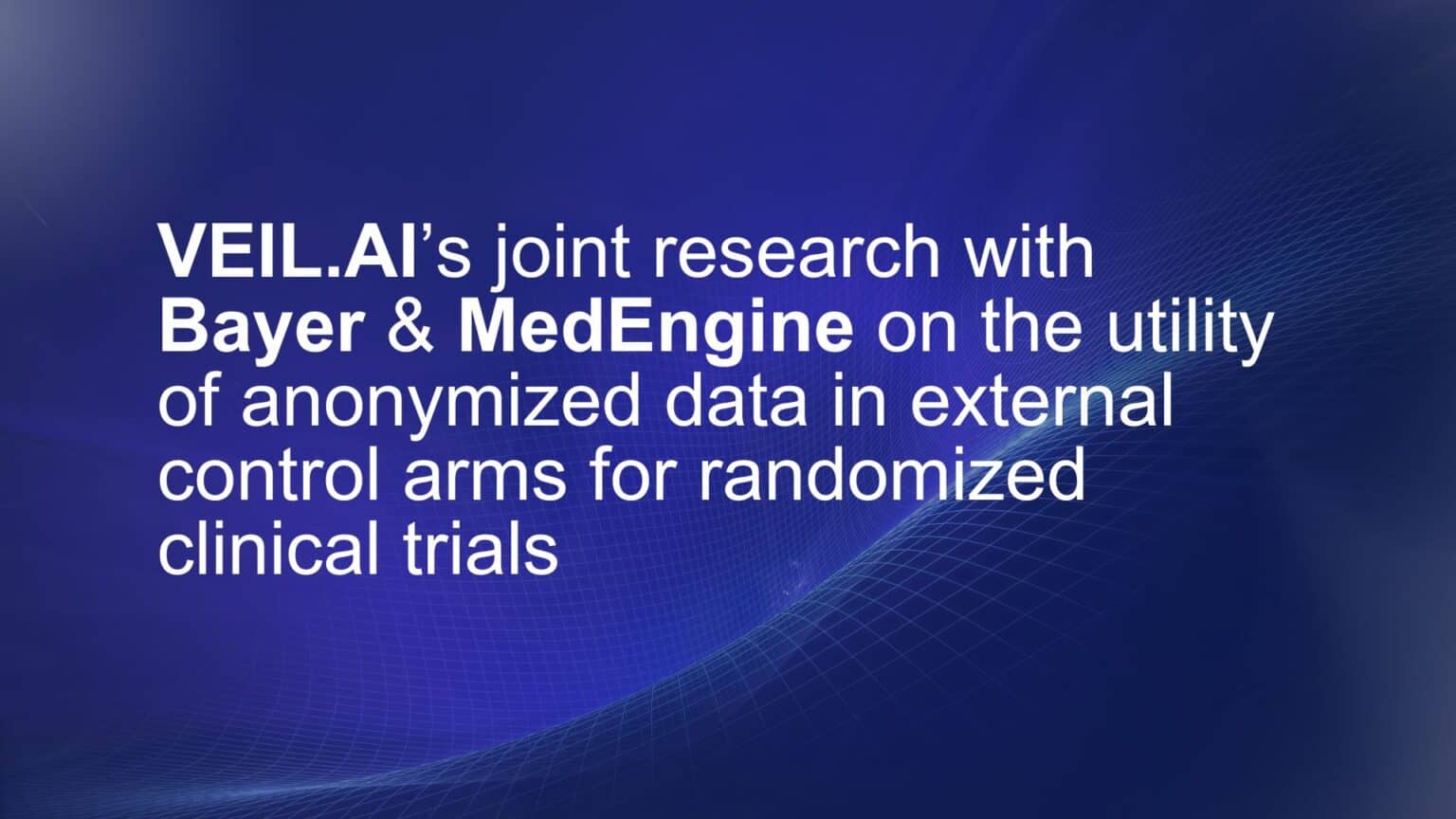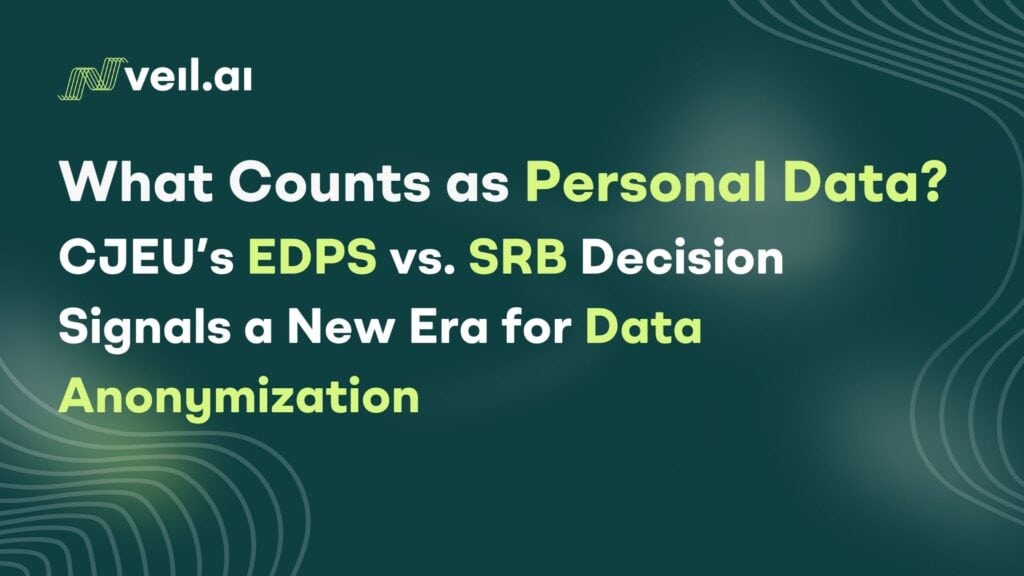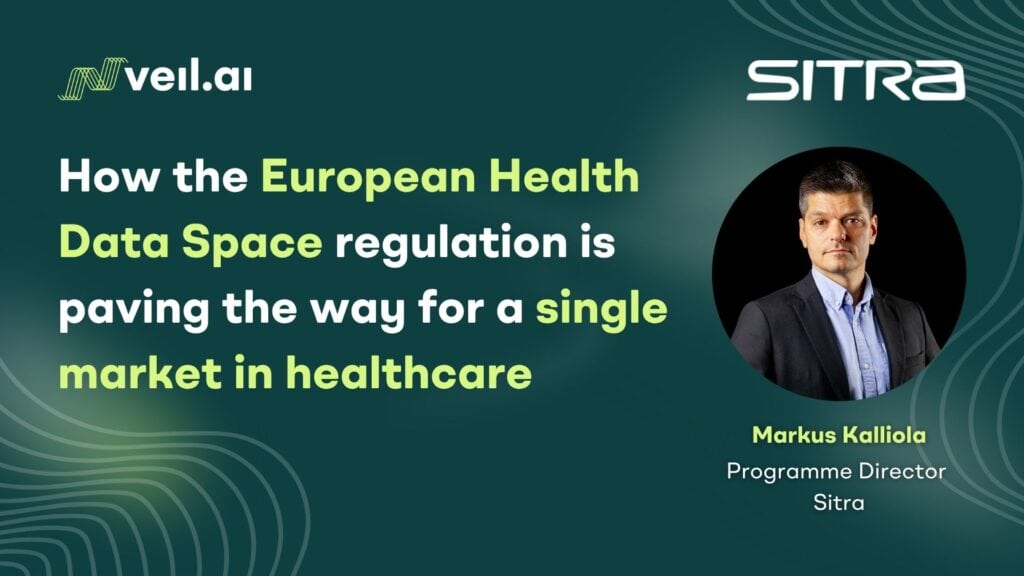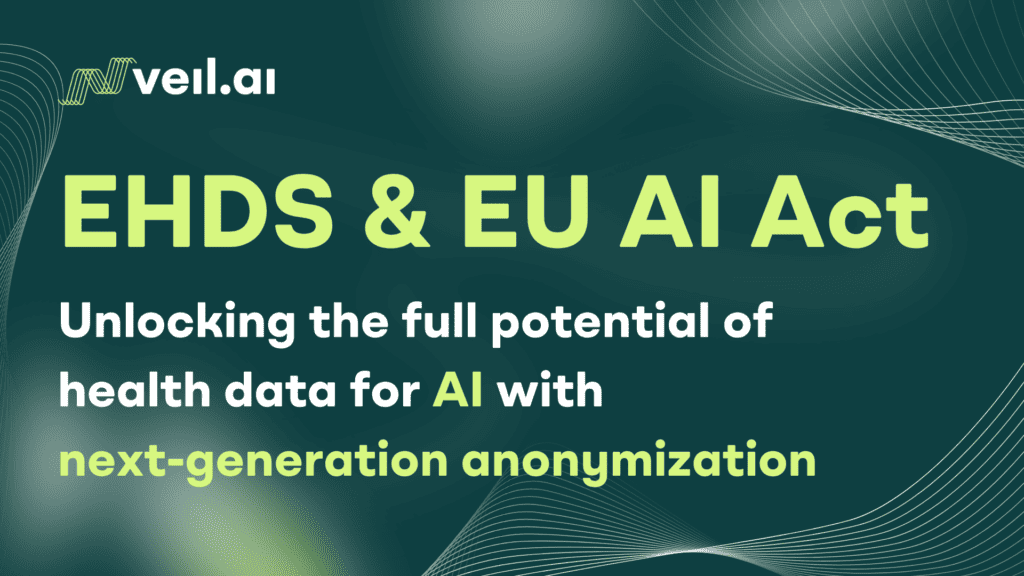Real-world data (RWD) gathered from daily healthcare practices is becoming more important in medical research, especially when studying questions that can’t be answered through traditional randomized controlled trials (RCTs).
Real-world Data that has been anonymized provides advantages over pseudonymized RWD— it is more widely available, allows for enhanced privacy protection, is compliant with data protection regulations, and enables more effective data sharing and collaborations between research groups, institutions, and countries. This is because anonymized data contains no information that could potentially be used to identify individual patients. In other words, it is not sensitive, compared to pseudonymized data.
But does anonymized data provide the same quality of information to researchers?
We designed a study together with our partners Bayer and MedEngine to answer this question, using both anonymized and pseudonymized RWD to create external control arms (ECAs) for single-arm RCTs. ECAs are groups of patients from RWD sources that can be used as a control group in single-arm trials, which only involve patients receiving the new treatment.
The results were excellent, as Bayer’s Strategic Project Lead, Jussi Leinonen, states:
“This is a significant achievement. In our study, we could draw the same conclusions from anonymized data as from traditional pseudonymized, individual-level research data.”
The study paper was published on BMC Medical Research Methodology and you can download it here.
What did we learn?
Here are some of our takeaways from the study:
- VEIL.AI’s next-generation anonymized data looks almost the same as the original data.
- Anonymized data had only a small impact on population statistics, which are most important for real-world data in clinical trials.
- VEIL.AI’s anonymization allows the user to prioritize important variables for their study, optimizing the anonymization quality for their use.
- Anonymization is possible even when flexible data transfer and sharing are required
These findings have direct conclusions for researchers who used pseudonymized Real-world Data in their work. Since anonymization is more suitable for population-level studies that involve large amounts of data pooled from numerous sources, which is most important for Real-world Data in clinical trials, researchers can benefit from the use of anonymized data in their studies.
By understanding the impact of anonymization on various aspects of the data, researchers can create a method with VEIL.AI’s Next-Generation Anonymization to optimize the anonymization quality for their use case, balancing privacy concerns with maximum data quality and high-priority variables. Ultimately, this will help researchers design more effective and efficient clinical trials, advancing the development of new treatments, and improving patient outcomes.
What’s the bottom line?
When data transfer and sharing are required, such as in multi-center studies or international collaborations, anonymizing RWD can facilitate the process by ensuring that privacy concerns are addressed – and, crucially, providing data of equally good quality to pseudonymized data. This allows researchers to collaborate more efficiently, share insights, and pool resources while maintaining compliance with data protection laws and ethical guidelines.
While researchers should weigh the potential limitations of anonymization, our work shows that a well-designed anonymization strategy can minimize these limitations and maximize the value of sensitive health data for research, innovation, and development to support better patient outcomes and healthcare decision-making.
Interested in next-generation anonymization and synthetic data? Contact us.
